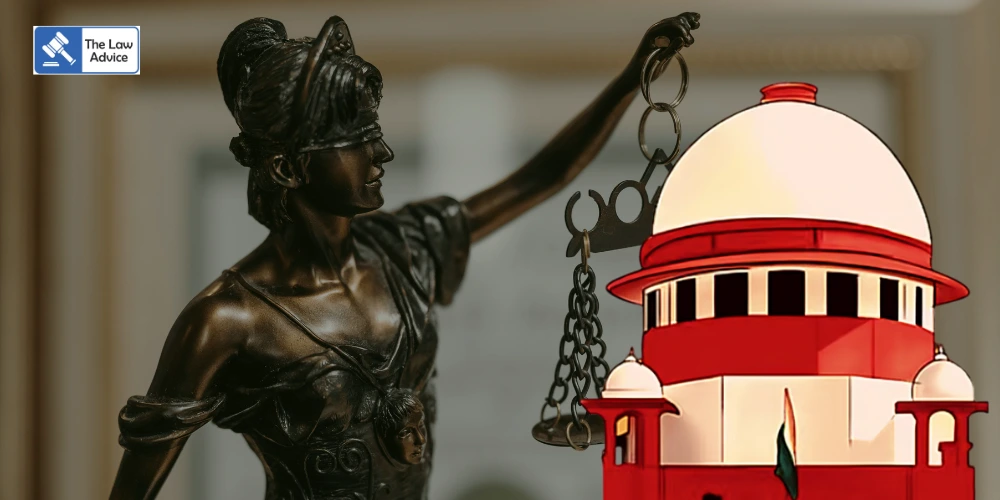
The Supreme Court on Tuesday posed a critical question on electoral rights, asking whether a person’s conviction in a criminal case can automatically bar them from forming a political party.
“Merely because a person has been disqualified from exercising a statutory right, can we deprive them of their constitutional right?” Justice Surya Kant orally observed during the hearing of a 2017 PIL filed by Advocate Ashwini Kumar Upadhyay. The plea seeks a ban on convicted individuals from forming political parties or giving party tickets.
The case concerns the interpretation of Section 29A of the Representation of the People Act, 1951—which governs the registration of political parties—and whether the Election Commission of India can de-recognise a party whose leaders are convicted criminals.
Upadhyay argued that under the current legal framework, a person barred from voting or contesting elections can still form a political party—even from jail—and hold top positions. He cited examples of high-profile convicted leaders such as Lalu Prasad Yadav, O.P. Chautala, and V.K. Sasikala, who continue to wield political influence despite criminal convictions.
Justice Kant, posing a hypothetical, asked: “If Parliament tomorrow enacts a law barring anyone above 80 from holding public office, can you also stop them from leading a political party?” He added that while election law reforms are the Parliament’s prerogative, the constitutional right to form an association under Article 19 cannot be lightly curtailed.
The Union Government, in its affidavit, maintained that political party leadership is a matter of internal autonomy and that the Election Commission has no statutory power to deny registration based on the criminal background of office-holders. It noted that electoral reform proposals, including those in the Law Commission’s 255th report, are still under consideration.
Currently, under Section 29A, a political party can only be de-registered for reasons unrelated to the personal antecedents of its leaders.
The bench, comprising Justices Surya Kant and Joymalya Bagchi, found the matter “worth consideration” but adjourned it for further hearing.
Case Title: Ashwini Kumar Upadhyay v. Union of India & Anr., WP(C) No. 1152/2017
Website designed, developed and maintained by webexy